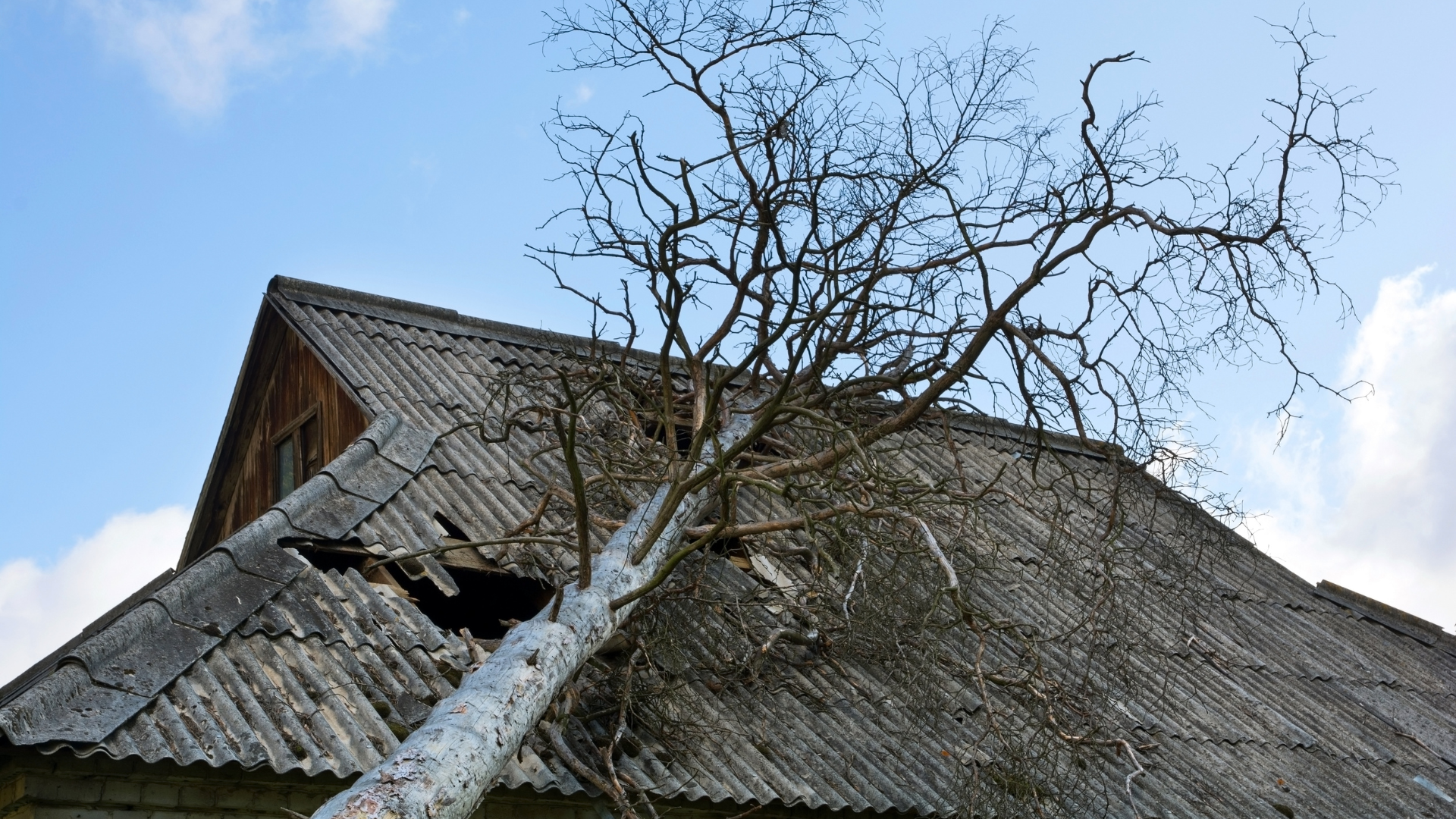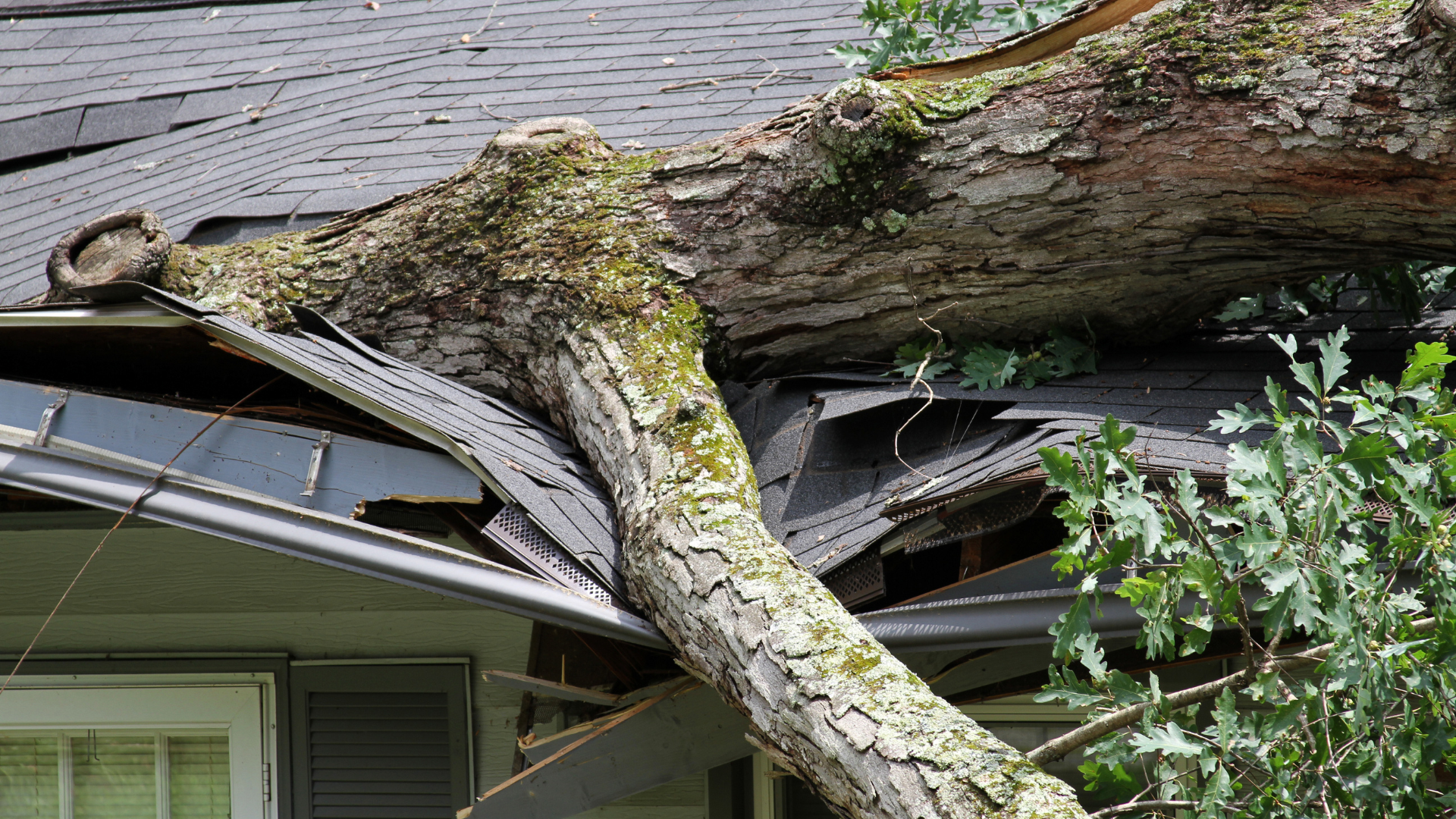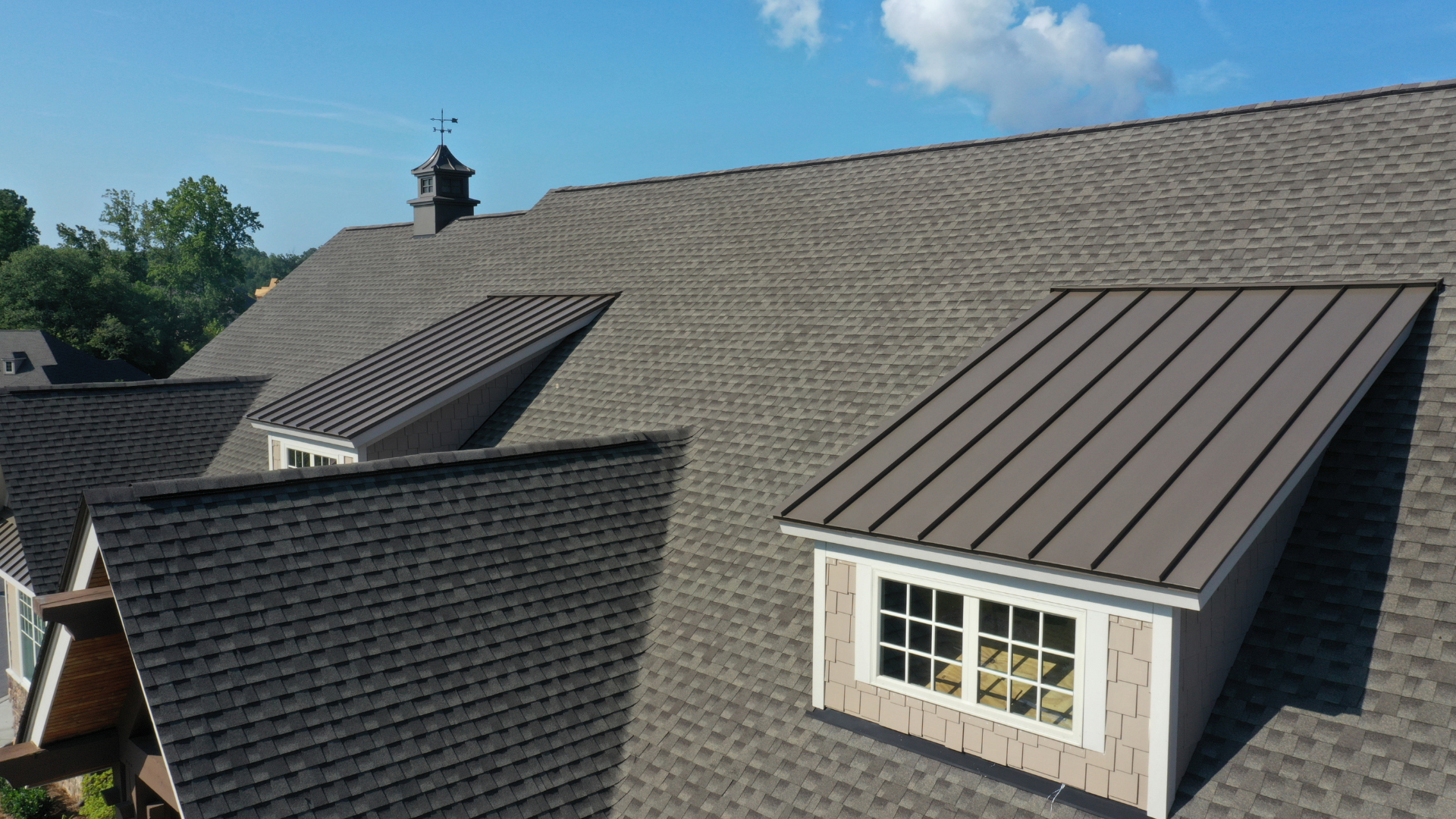Understanding How to Pay Deductibles When Your Insurance Claim is Approved
When dealing with a roofing insurance claim, many homeowners find themselves confused about the payment process—especially when it comes to paying the deductible. While navigating the claims process can be complicated, one thing is clear: you must pay your deductible once your claim is approved. Unfortunately, some roofing companies offer to cover your deductible to make their services seem more appealing. But this practice is not only misleading—it's also illegal.
In this article, we’ll break down why paying your deductible is essential, how to spot roofing companies that offer illegal deals, and what you should do when your insurance claim is approved.

Why You Must Pay Your Deductible
Once your insurance claim is approved, the next step is paying the deductible. This is a standard part of most insurance policies, including homeowners' and roofing insurance. The deductible is the amount you need to pay out of pocket before your insurance company covers the remaining repair costs. If your claim is approved, it means the insurance company is ready to pay for your roof repair or replacement, minus the deductible.
Many homeowners may feel frustrated about this out-of-pocket expense, but it’s important to remember that the deductible is a necessary part of your insurance coverage. Not paying it when required can cause issues with your claim and may even lead to your policy being voided. In some cases, failing to pay the deductible could prevent your roofing repairs from being covered at all.
The Risks of Roofing Companies Offering to Pay Your Deductible
While it may sound tempting to work with a roofing company that offers to pay your deductible, it’s crucial to understand that this is illegal and constitutes insurance fraud. Roofing companies that offer this service are essentially encouraging homeowners to break the law. The truth is that if a roofing company is willing to eat the cost of your deductible, they may be cutting corners in other areas, such as using subpar materials or providing poor workmanship.
This practice is especially common in the wake of a storm or when roof damage is significant. Homeowners, eager to avoid paying for repairs, are often tempted by companies offering to cover the deductible. However, this is a serious scam that could put you at risk. Accepting such an offer not only puts your roof in jeopardy but could also have legal ramifications.
How to Spot Roofing Companies Engaging in Fraudulent Practices
It’s important to be aware of the red flags that indicate a roofing company may be engaging in illegal practices. The most obvious warning sign is an offer to pay your deductible. If a roofing contractor mentions covering the deductible as part of their deal, this should raise immediate concerns. Legitimate roofing companies will always expect the homeowner to pay their deductible as stipulated by their insurance policy.
Other signs of fraudulent roofing companies include:
- Unusually low prices: If a roofing contractor’s estimate seems too good to be true, it likely is. Quality roofing work comes at a price, and any company offering significantly lower prices may be cutting corners or using cheap materials.
- Lack of proper licensing or insurance: Always verify that the roofing company is fully licensed and insured before allowing them to do any work. This protects you in case something goes wrong during the repair process.
- Pressure tactics: Be cautious of roofing companies that push you to sign a contract on the spot or offer “limited-time deals.” Reputable contractors will give you time to review the contract and make an informed decision.
If you encounter a roofing company that offers to pay your deductible, it’s important to report them immediately to your insurance company. Protect yourself by hiring a trustworthy contractor who follows the rules and provides quality work.
What to Do After Your Insurance Claim is Approved
Once your roofing insurance claim is approved, the next step is to find a reliable roofing contractor who will help you get the necessary repairs done. Here are the steps you should take:
- Review your insurance policy: Before anything, make sure you fully understand your deductible and the extent of your coverage. This will help you avoid any misunderstandings with your contractor.
- Get multiple quotes: Don’t settle for the first contractor you come across. It’s always a good idea to get multiple estimates from reputable roofing companies.
- Verify credentials: Make sure the contractor is licensed, insured, and experienced in handling insurance claims. A trustworthy contractor will walk you through the entire process.
- Pay your deductible: Once you’ve chosen a contractor, ensure that you pay your deductible directly to them as part of the contract. Be wary of any company that promises to cover the deductible.
By following these steps, you can ensure that your roofing repairs are done professionally and legally, without putting your insurance coverage at risk.

Paying your deductible when your insurance claim is approved is not just a legal obligation—it’s essential for ensuring that your roofing repairs are covered. While some roofing companies may offer to pay the deductible, it’s important to remember that this is illegal and puts both you and your home at risk. Always be cautious of such offers, and instead, choose a reliable, licensed roofing contractor who follows the rules.
Protect yourself and your property by making informed decisions and working with trusted professionals. Your roof—and your legal standing—depend on it.
Contact
Right Hand Man today for expert guidance and reliable roofing services that follow the rules and ensure your peace of mind.








